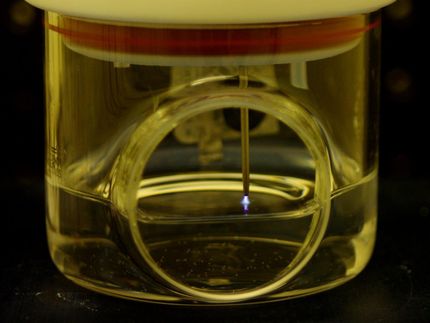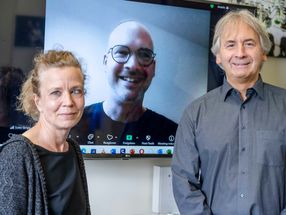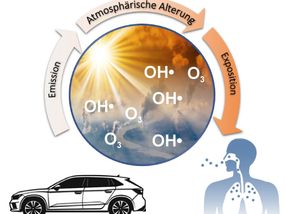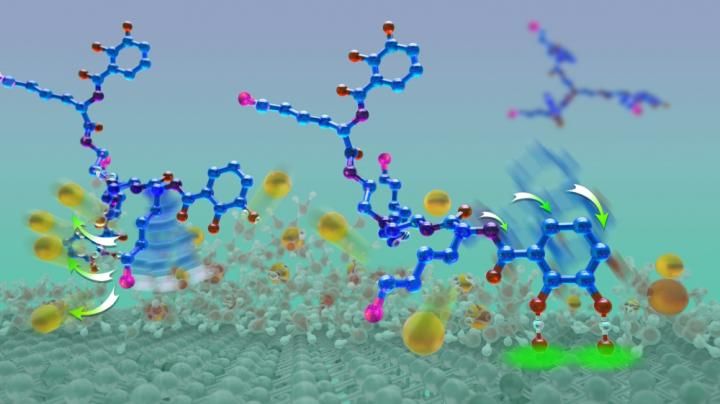BASF triples vitamin B2 production in Kunsan, Korea
BASF is to build a new plant for the production of 3,000 metric tons per year of vitamin B2 at its site in Kunsan, Korea. As a result, BASF will extend its annual production capacity from 1,000 to 3,000 metric tons. The vitamin B2 plant currently operated in Ludwigshafen will be used for other products. This measure is part of a previously announced capital expenditure program of EUR 600 million that is aimed at extending the company's vitamins business.
When the plant goes on-stream in 2003, the Kunsan site will become a center of competence for the fermentative production of fine chemicals. Fermentation involves the chemical reaction of substances with the aid of microorganisms such as bacterial or fungal cultures. With an installed production capacity of approximately 100,000 metric tons of lysine per year, Kunsan is already one of the world's largest fermentative production sites.
Demand for vitamin B2 is growing by about 4 percent per year. Vitamin B2 belongs to the class of water-soluble vitamins and is employed in food and animals feeds. The vitamin is added to food and drinks and is used to produce dietary supplements such as vitamin tablets. In animal nutrition, vitamin B2 is important in ensuring the health and fitness of animals; vitamin B2 deficiency leads to slower growth and poor feed conversion.
As a pioneer in the fermentative production of vitamin B2, BASF has many years of experience in the optimization of biocatalytic processes. In the last ten years, the productivity of the production organism - the fungus Ashbya gossipii - has been multiplied several times in the laboratory and by continuously optimizing the production process.
"The new plant for vitamin B2 in Kunsan is another major step toward BASF achieving cost leadership for important vitamins," says Dr. Christian Dudeck, President of BASF's Fine Chemicals division. "We are combining cutting-edge fermentation technology with extremely efficient world-scale plants. We are also drawing on the specialist knowledge and experience of our employees at the Kunsan site. We see fermentation as an innovative and future-oriented technology that ideally complements our expertise in the classical chemical synthesis of vitamins and fine chemicals."
Other news from the department research and development
Most read news
More news from our other portals
See the theme worlds for related content
Topic world Synthesis
Chemical synthesis is at the heart of modern chemistry and enables the targeted production of molecules with specific properties. By combining starting materials in defined reaction conditions, chemists can create a wide range of compounds, from simple molecules to complex active ingredients.

Topic world Synthesis
Chemical synthesis is at the heart of modern chemistry and enables the targeted production of molecules with specific properties. By combining starting materials in defined reaction conditions, chemists can create a wide range of compounds, from simple molecules to complex active ingredients.
































































